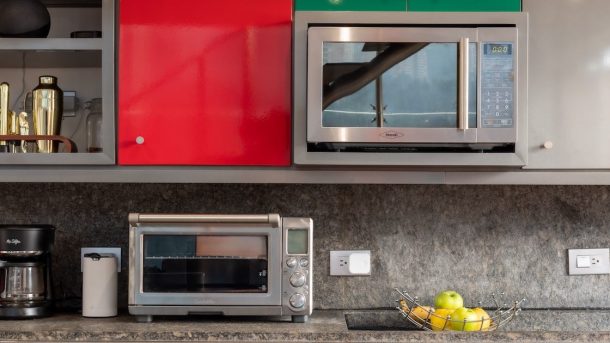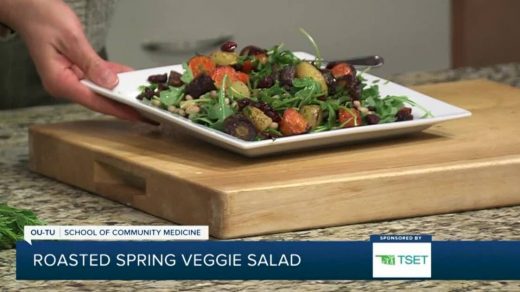Microwave ovens turn food nutrients into toxins.
This is not true. Microwaves do not make food toxic.
A video on Instagram, which is also being shared on Facebook, claims that cooking food in microwave ovens is “the best way to kill yourself, really, really fast”.
The man in the video says: “The microwave is basically destroying every food value that’s in the food and turning it into a toxin. So everything out of the microwave is highly toxic, and the food value is completely zero. So it doesn’t really matter if you have a bowl of vegetable soup that you warm up in the microwave oven or if you eat cardboard. It makes no difference, because the food value is not there any more, and it also becomes toxic.”
This is nonsense.
A spokesperson from the Food Standards Agency told Full Fact: “We believe that the comments made in the video have no scientific credibility from a toxicological point of view.”
While it’s true that microwaving food may reduce its nutrient content, the same is true for all forms of cooking, as heat itself can break down nutrients.
Writing in the Harvard Health Letter, Dr Anthony L. Komaroff, a professor of medicine at Harvard Medical School, says: “Cooking damages the chemical structure of the nutrient, to some degree. However, there are plenty of nutrients left. And cooking kills many microbes that might have contaminated the food—and might have caused health problems.”
Indeed Dr Komaroff goes on to say that “microwave cooking is actually one of the least likely forms of cooking to damage nutrients”, because of the short cooking time that may be involved.
Microwaves do not make food toxic.
According to the US Food and Drug Administration (FDA): “Microwaves cause water molecules in food to vibrate, producing heat that cooks the food. That’s why foods that are high in water content, like fresh vegetables, can be cooked more quickly than other foods. The microwave energy is changed to heat as it is absorbed by food, and does not make food ‘radioactive’ or ‘contaminated’.”
There is some evidence that chemicals from some plastic containers may escape into food that is stored or heated in them. The science of this, and any possible effects on human health, is still uncertain.
The consumer advice magazine Which? says: “It’s a good idea to stick to containers that are both BPA and phthalate-free, and clearly marked as safe for microwave use.”
It may also be best to avoid using damaged plastic containers, or to use containers made of glass or ceramics instead.
The most common injuries associated with microwaves are burns, according to the FDA.
Image courtesy of Lissete Laverde
This article is part of our work fact checking potentially false pictures, videos and stories on Facebook. You can read more about this—and find out how to report Facebook content—here. For the purposes of that scheme, we’ve rated this claim as false because microwaves do not make food toxic.
As independent fact checkers, the support of the public is vital to continue holding the media and politicians accountable for false claims.
Without your donation, bad behaviour could go unchallenged in 2022.
Bad information ruins lives. It promotes hate, damages people’s health, and hurts democracy. You deserve better.
Full Fact, 17 Oval Way, London, SE11 5RR
Full Fact is a registered charity (no. 1158683) and a non-profit company (no. 06975984) limited by guarantee and registered in England and Wales. © Copyright 2010-2022 Full Fact. Thanks to Bytemark for donating our web hosting. Privacy, terms and conditions.
Microwaves don't make food 'highly toxic' – Full Fact




